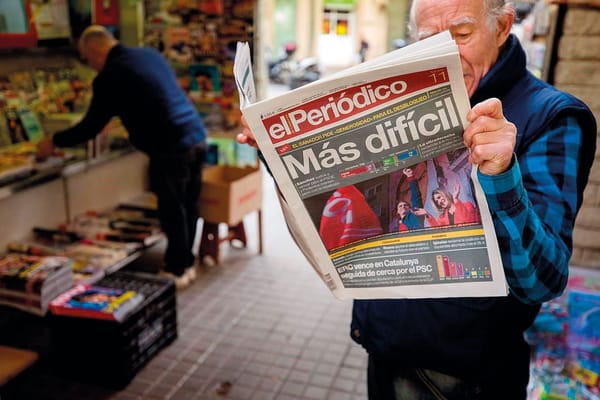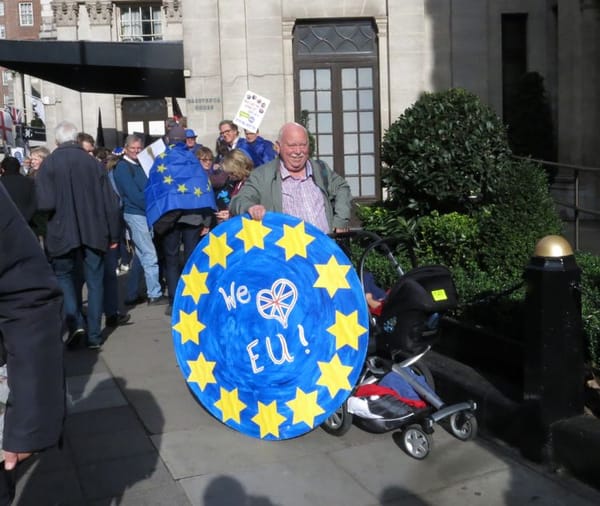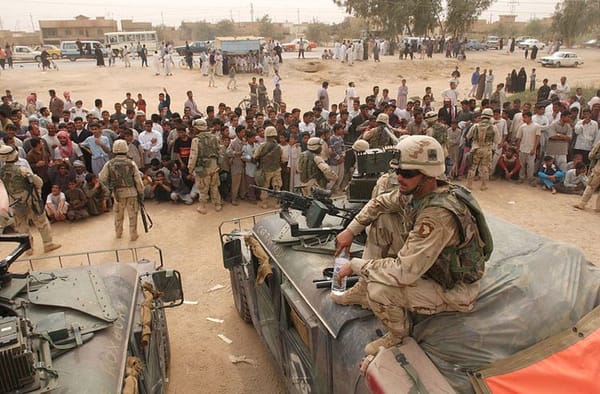The Eritrean-Ethiopian Conflict And The Man Who Solved It
Abiy Ahmed, Prime Minister of Ethiopia, won the Nobel Peace Prize for setting the issue, but his homeland still proves an oppressive country

In today’s world, where uncertainty and instability seem to always be on the surge, it is often relieving to witness the ability of men to repair the damages of their predecessors, to heal the cuts left open in the soul of an entire people. It is even more rewarding when such happenings involve a place like Africa, a continent whose history has been usually associated with violence, from slavery to forgotten genocides such as those against the Tutsis in Rwanda and the Hereros in Namibia. Although rare, such tragedies still happen, as the world was reminded last month when Ethiopian Prime Minister Abiy Ahmed was awarded the Nobel Peace Prize for his role in the reestablishment and normalisation of relationships between Ethiopia and neighbouring Eritrea. The dispute between the two countries was caused by the frontier between them: a frontier that sparked two years of war, from 1998 to 2000, which only came to a halt due to a ceasefire being reached, but without a peace treaty. The conflict was still officially ongoing until last year. Entire families living in proximity of the border as well as a considerable distance away from it, given the deep bond between those nations, were torn apart for almost 20 years.
To understand the issue better, it might however be useful to take a step back to the end of the 19th Century. In this period jingoism ruled over Europe and the world economy was revolutionising itself on the wave of the Second Industrial Revolution: thirst for new lands was the result of such conditions for most western European countries. Among them was a newly formed nation, Italy, whose interests befell Eritrea. The country, with its coast facing the Red Sea, was located in a wonderful position for trade given the recent opening of the Suez Canal. Consequently, the maritime company Rubattino managed to buy some land in the area, which was later to be sold to the Italian State. This marked the beginning of the Italian rule in Africa; before the end of the century two attempts were carried out by the Italians to expand into the mainland by conquering neighbouring Ethiopia. In both cases a staunch resistance by the Ethiopians, along with a chronic disorganisation of the Italians, delayed their overthrowal. It was only in 1935 that the fascist regime managed to conquer the region as part of the newly established Italian East Africa, also compromising of Eritrea and Somalia. This domination lasted however just until 1941, when British troops occupied the colony during World War II. At the end of this, while Ethiopia regained its independence, Somalia and Eritrea passed under British administration, as a provisional measure. In this context Ethiopian emperor Haile Selassie successfully pushed for the transferring of the latter under his country’s sovereignty. However, such happening sparked an armed fight for independence, which lasted 30 years from 1961 to 1991. Finally, in 1993 a referendum under the supervision of the UN took place and decided almost unanimously for Eritrea’s independence.
In 1998, as stated above, war broke out again due to old scars and the dispute surrounding to whom the bordering town of Badme should belong to. The ensuing ceasefire established a joint Eritrean and Ethiopian commission with the goal of solving the border issue. This ruled for Badme to be assigned to Eritrea, which Ethiopia refused to comply with until last year, when Prime Minister Ahmed promised to fully implement the decision. On 11th September the border between the nations was finally reopened, signing an impressive success for the newly appointed but bold PM. Seeking peace with Eritrea is not the only risky move Ahmed has undertaken in his short mandate; among other things he has freed thousands of political prisoners and foster actions to decrease gender disparity in an authoritarian and deeply traditional land. He has also been the target of some murder attempts, including an explosion at one of his rallies. His approach of drastic reform has caused discomfort for many, including the countries own military. Having said that, Ethiopia remains an oppressive country and there is yet much to do to ensure things change consistently, especially to ensure that next year elections are carried out in a fully democratic way. The well-deserved Nobel Prize Abiy Ahmed won should not therefore lead to his political sanctification, as happened prematurely (and as it has been revealed, wrongly) to many other Nobel laureates. This shall instead take place in a long time to come, when it will be known whether the principle of freedom will have imposed itself or succumbed in its fight with authoritarianism.









